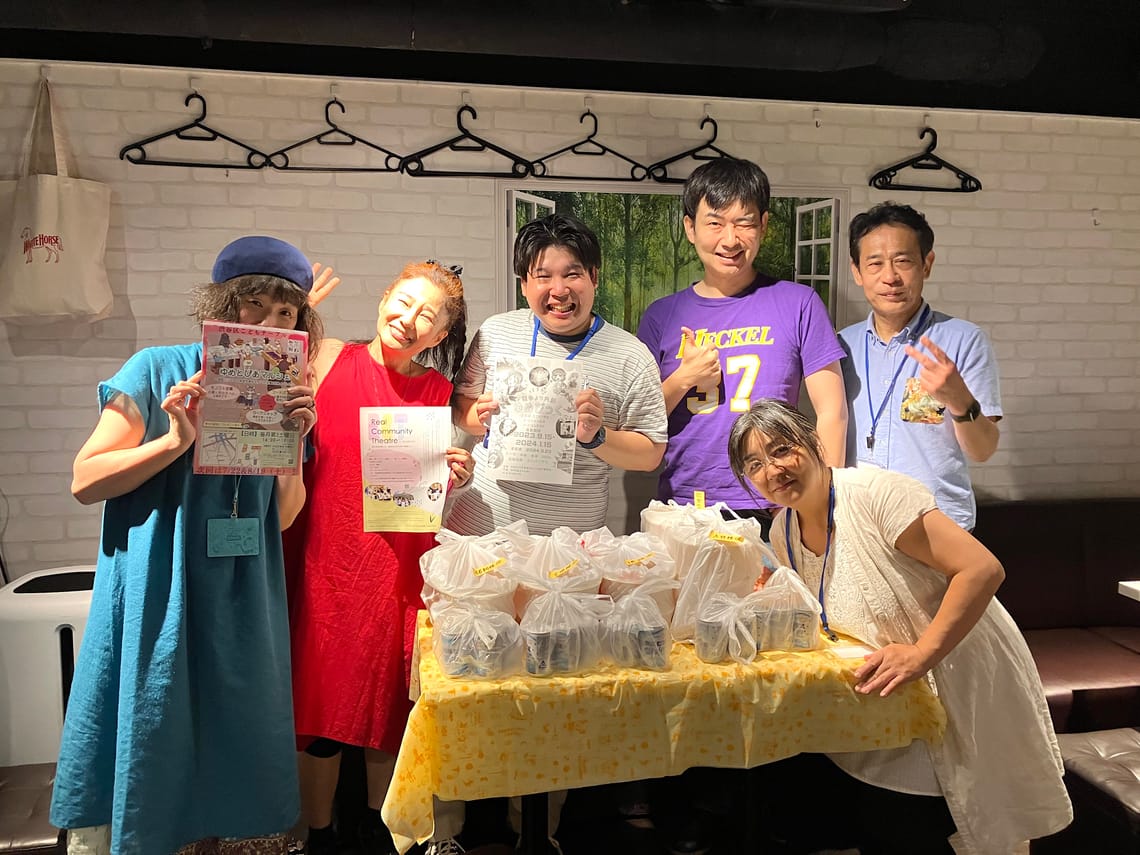
Yume-topia Kitchen
(日本語訳はこちら)
Yume-topia kitchen (Yume means dreams in Japanese) was a place full of unique people.
I was able to make it to their children's cafeteria that was held on August 3rd. That day, Yume-topia Kitchen borrowed the space of a Japanese bar in Shibuya, Dining Bar Autumn Leaves, from 11:30 to 13:30 to hand out free kids’ bento lunches provided by a gyoza dumpling restaurant named Gyoza no Ohsho.
Recently, Gyoza no Ohsho, a massive Japanese chain restaurant known for its gyoza dumplings and fried rice, has been using the size of its empire for the greater good. Using a social network that connects companies with children’s cafeterias, each participating Gyoza no Ohsho location has been handing out its kids’ bento lunches to nearby children’s cafeterias for free. One kids’ bento lunch contained two sausages, fried chicken, and of course, gyoza on top of rice. Yume-topia kitchen was able to connect with a Gyoza no Ohsho location in Shibuya and was able to hand out 15-20 lunches, along with seasoning and Calpis water that were provided.
Before the COVID-19 pandemic, Yume-topia Kitchen usually opted for organic ingredients in their meals. However, like many other children’s cafeterias, it was difficult for Yume-topia Kitchen to resume their activities in the same manner as they did before, especially when very few places wanted to rent out their space for people to eat in a large city like Shibuya. They used Gyoza no Ohsho’s campaign as a stepping stone to begin their children’s cafeteria activities at a new space, Dining Bar Autumn Leaves. Their next goal is to begin providing children with organic food.
On that day, the children took their meals back home, some groups were able to stay longer because Yume-topia Kitchen held a voice impressions workshop. One of the volunteers was a professional voice actress, Mikan Jelly, and she held a workshop where she taught children how to talk like popular characters such as Crayon Shin-chan and Doraemon. It was such a heartwarming feeling to see the wholesome scene of children trying their best to sound like their favorite characters.
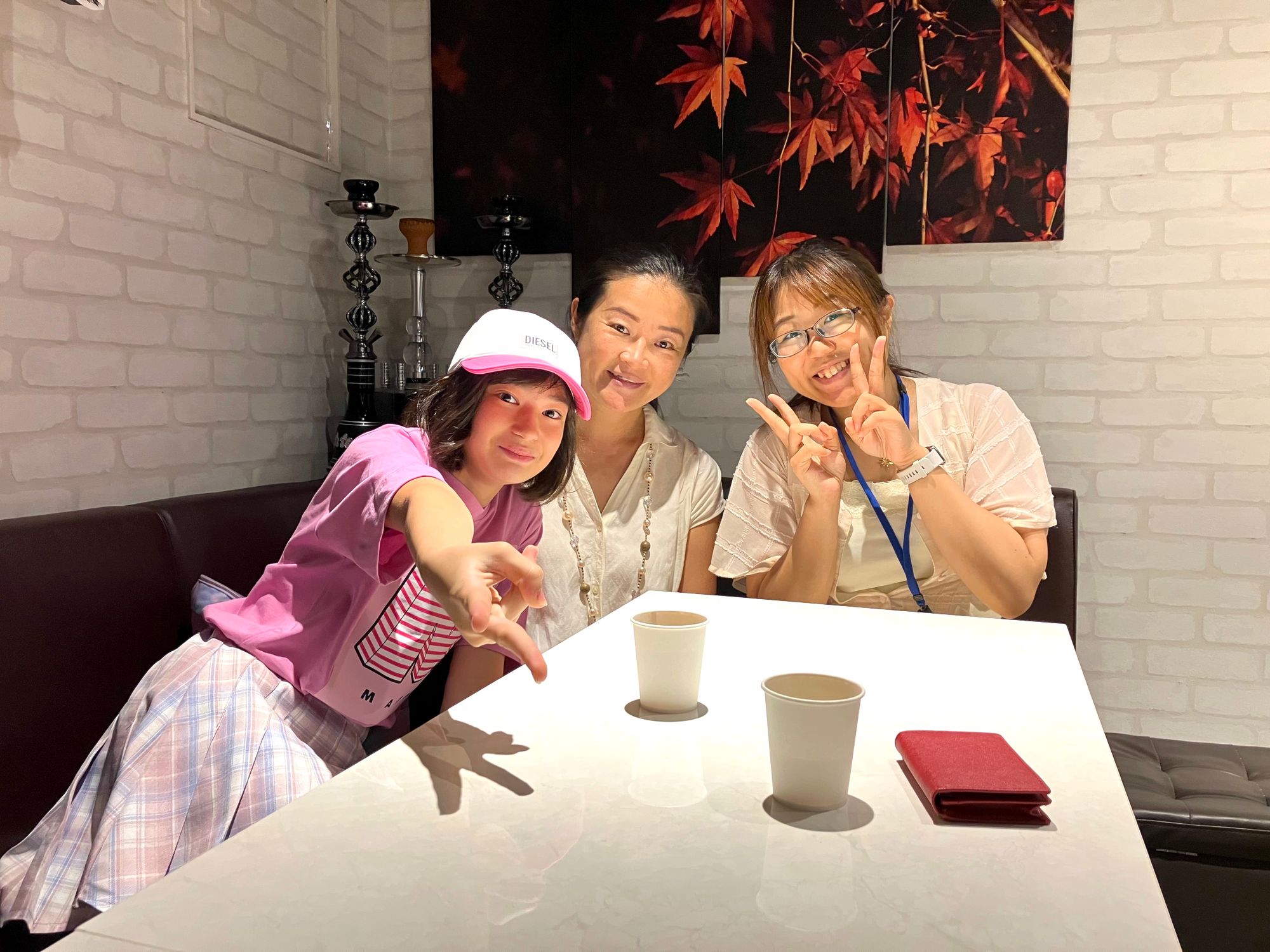
There were other volunteers besides Mikan Jelly, and they were each very unique people from different backgrounds. One volunteer was a monk from a monastery nearby who came to learn more about children’s cafeterias, and there was another volunteer who was a passionate violinist. Because of the diverse backgrounds of the volunteers, I was able to listen to a violinist play her instrument in the same room I was able to hear the voice of Doraemon.
Yume-topia Kitchen is a children’s cafeteria run by an organization called NPO Earthlink. The unique name, “Earthlink,” was given with the motto, “ What ART can do to the Earth,” in mind. Their goal as an organization is to nurture children’s mental health, through art, and physical health, through holding children’s cafeterias with organic ingredients.
NPO Earthlink’s programs are as unique as their name, and they hold lots of art contests, workshops, and markets. Their programs strongly emphasize the arts so much that they have a manga arts school called Yume-topia. NPO Earthlink has been active for around 7 years, but they have been working jointly with a nonprofit called NPO FILMe, which has been running their organization for more than 15 years. Both nonprofits are run by a manga artist named Yuko Sugiyama, and I had the great privilege to hear her story.
Yuko Sugiyama, always wearing her signature beret hat, is a unique woman. Because of her love of drawing ever since she was young, Mrs. Sugiyama became a manga artist, as well as an art teacher raising other artists to their fullest potential, endeavoring to spread the beauty of Japanese manga. Even before her work with children and art in NPO FILMe, Mrs. Sugiyama noticed the lack of safe spaces for children in Shibuya to go to. She founded NPO Earthlink to address this concern as a person who grew up in the Shibuya area and as a mother. By establishing NPO Earthlink besides NPO FILMe, she was able to run programs that nourish the artistic pursuits of young minds, as well as create spaces where the same children could nourish their bodies.
In the beginning, the area around Shibuya was not too supportive about having a children’s cafeteria nearby. They were worried that the children nearby would cause too much noise or trash. However, the local municipal government of Shibuya started putting effort into building safe spaces for the children under the program named, “Shibuya-ward children’s table.” Since this program, NPO Earthlink was able to obtain some financial support from the ward, making their formal name, “Yume-topia Children’s Table,” instead of, “Yume-topia Children’s Cafeteria.”
In the past few years after the COVID-19 pandemic, NPO Earthlink has been running their activities at a temple named, Jyousenji (they started using the space at Dining Bar Autumn Leaves due to eating-drinking restrictions at the temple, but is going to start their children's cafeteria from October).
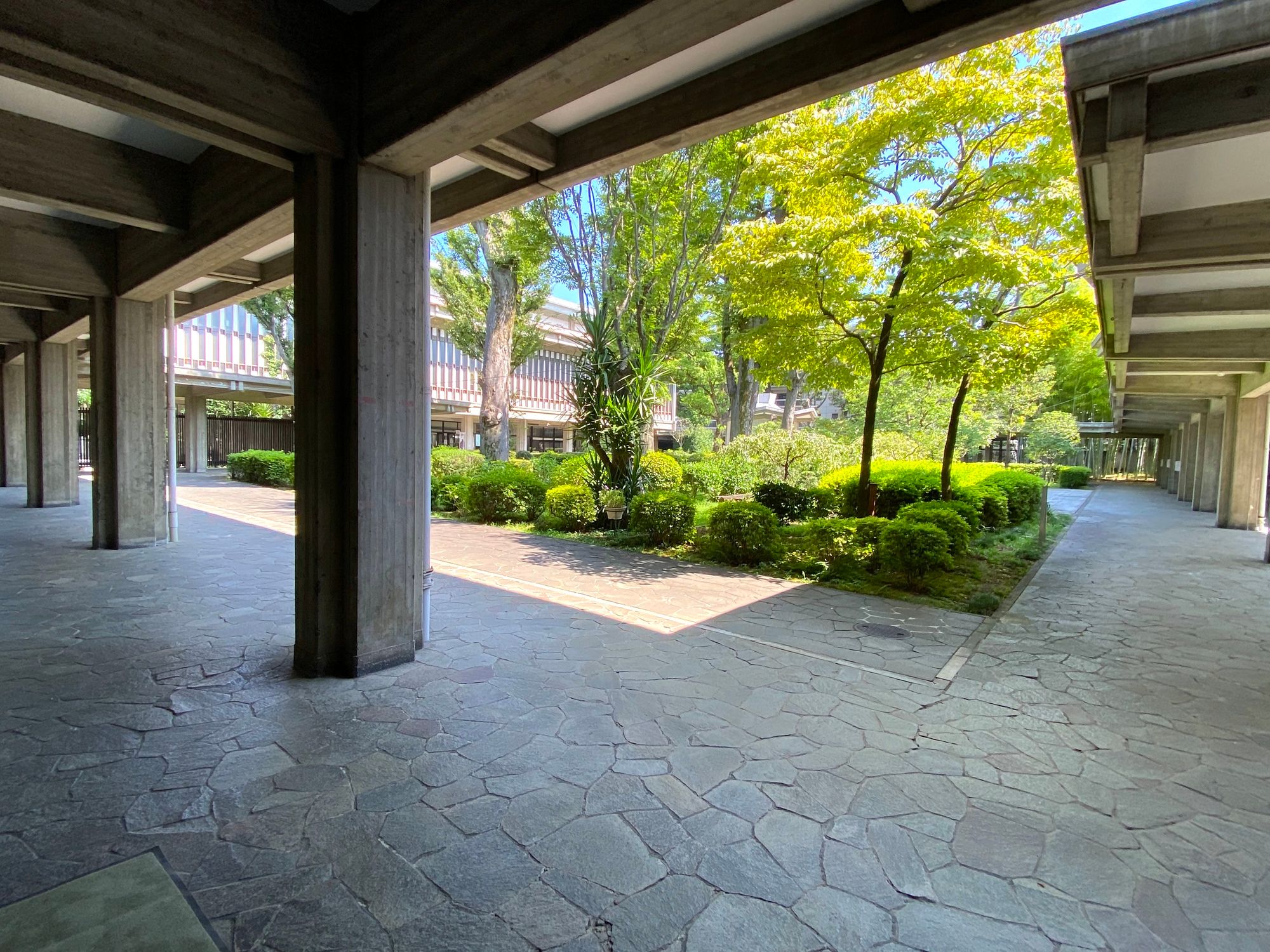
One of the activities held at Jyousenji includes their marché events. “Marché” is a term in Japanese (derived from French) to refer to markets that have a range of tables, set up by individual businesses to sell their products or promote their services. I was able to attend one of their marché events on August 19th. At this event, there was a wide and frankly peculiar variety of stations that were offered including a trinket-exchanging station, a financial literacy workshop station, and a snack station. Depending on the event, they sometimes provide thrift clothing and food pantry items. From the booths alone, I could tell that their marché was just as unique as their children’s cafeteria.
I was able to listen to the stories of a yoga instructor, workers who work at the Shibuya City Social Welfare Council, and a freelance financial advisor, all in the span of 2-3 hours. I got to talk to people who I don’t normally interact with on a day-to-day basis, and it ended up being a very interesting experience.
Because I also participated in the setting-up and cleaning-up process, I was able to talk to the volunteers as well. To my surprise and benefit, the volunteers ended up being around the same age as me and we were able to talk to each other in a more comfortable and light-hearted manner. We all had to talk about our thoughts about the event during a “reflection time” at the end, and all of our answers revolved around the idea that we were able to meet people that we normally couldn’t.
According to Mrs. Sugiyama, a children’s cafeteria is, “a place where you can meet people of unique backgrounds, and even more unique personalities.” I agree!
I only visited her organization for two days and I ended up meeting so many different people with unique backgrounds. This is especially true when NPO Earthlink balances their Yume-topia kitchen, along with other events like their voice impressions workshops or marchés. It was an interesting experience for me to visit an organization whose sole program is not their children’s cafeteria. As I saw from their Yume-topia kitchen, the organization is still in the beginning phases after COVID-19, so I am excited to see them grow in the future.
If you live around the Shibuya ward area, and you are interested in the events that NPO Earthlink holds (Yume-topia kitchen, Yume-topia marchés, art contests, etc.), or are interested in the art workshops that Mrs. Sugiyama holds, please see the links below.
Gmail:npoearthlink@gmail.com
Instagram:https://www.instagram.com/earthlink.event/
Facebook: https://www.facebook.com/npoearthlink/
Website:https://npoearthlink.wixsite.com/earthlink

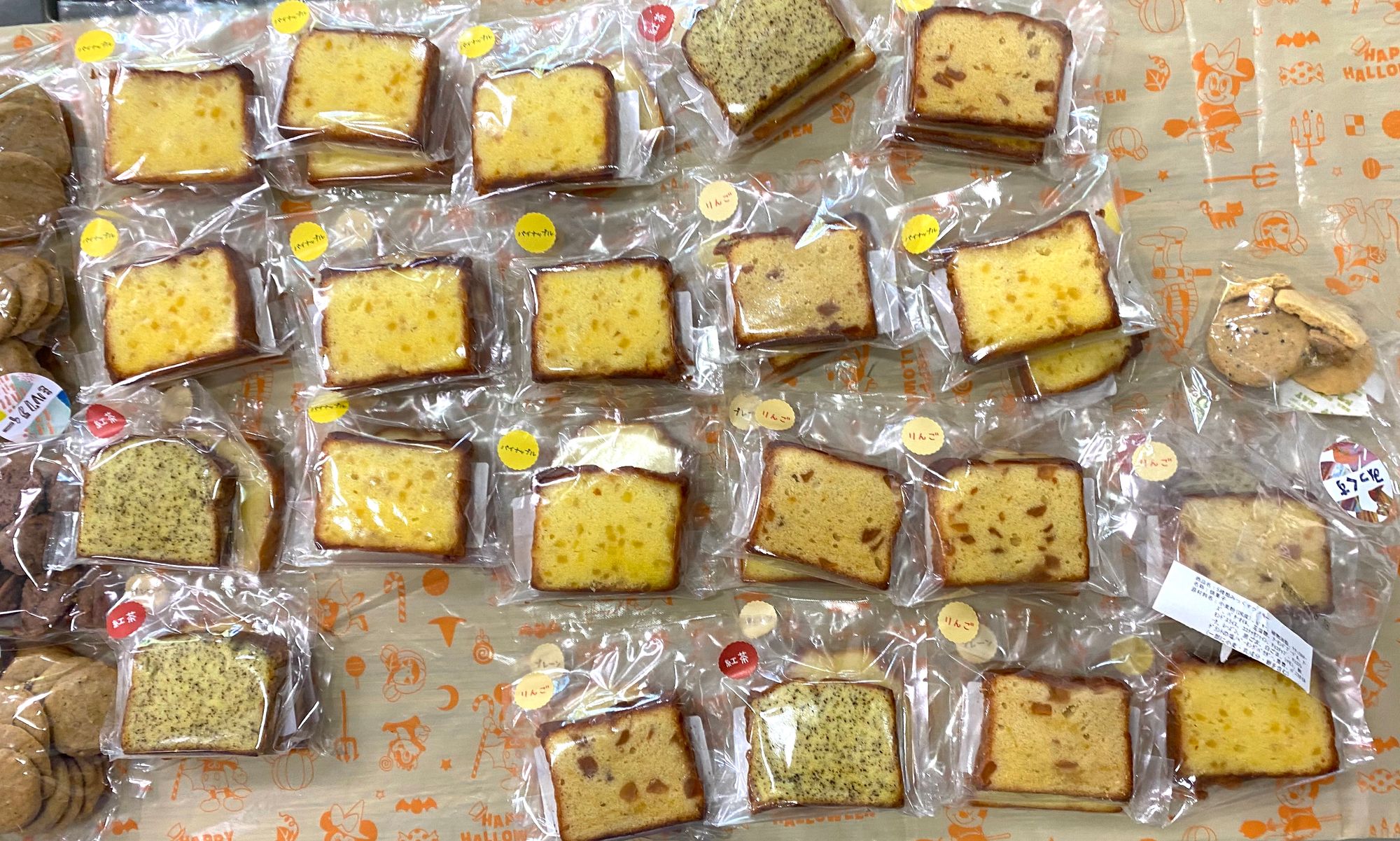
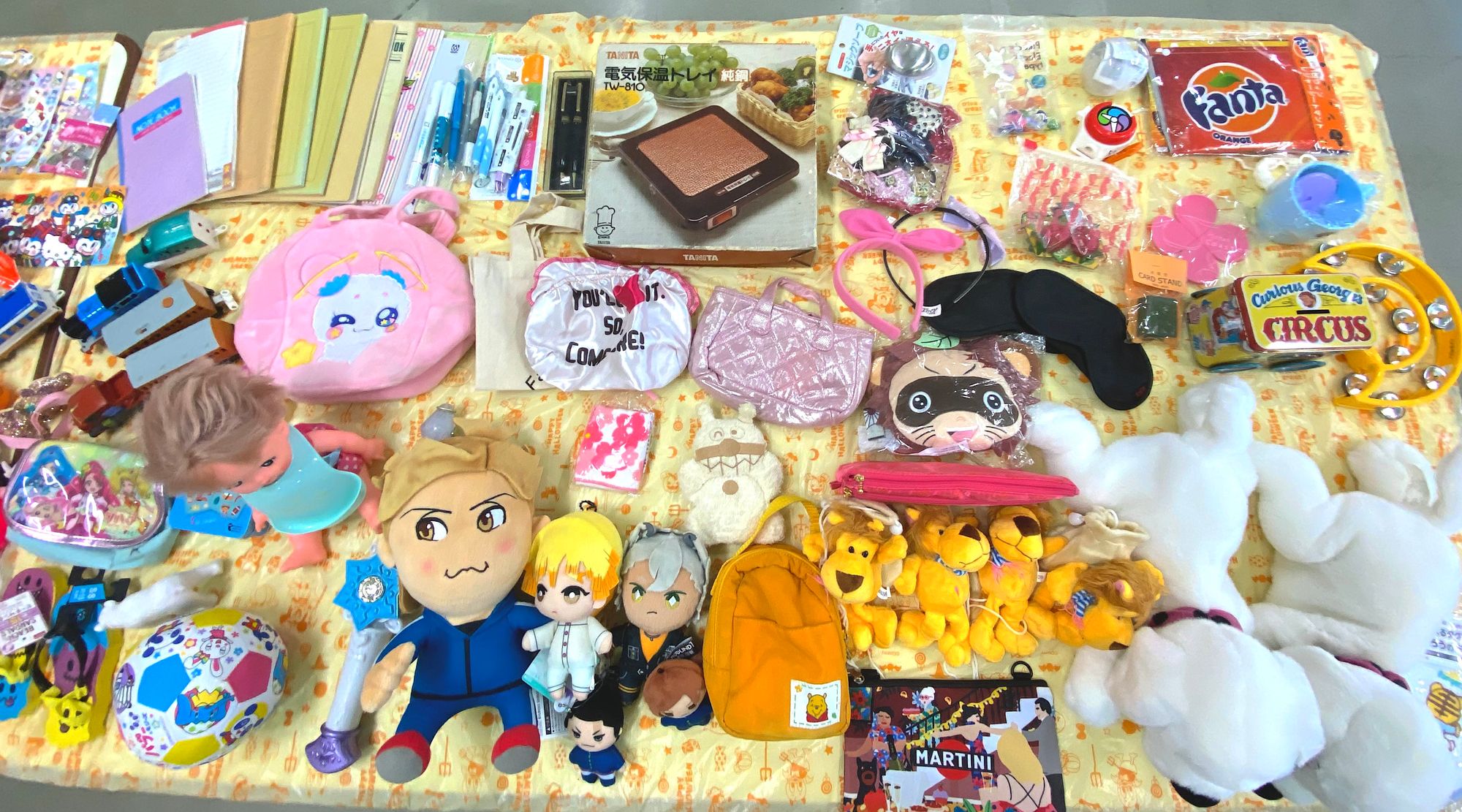
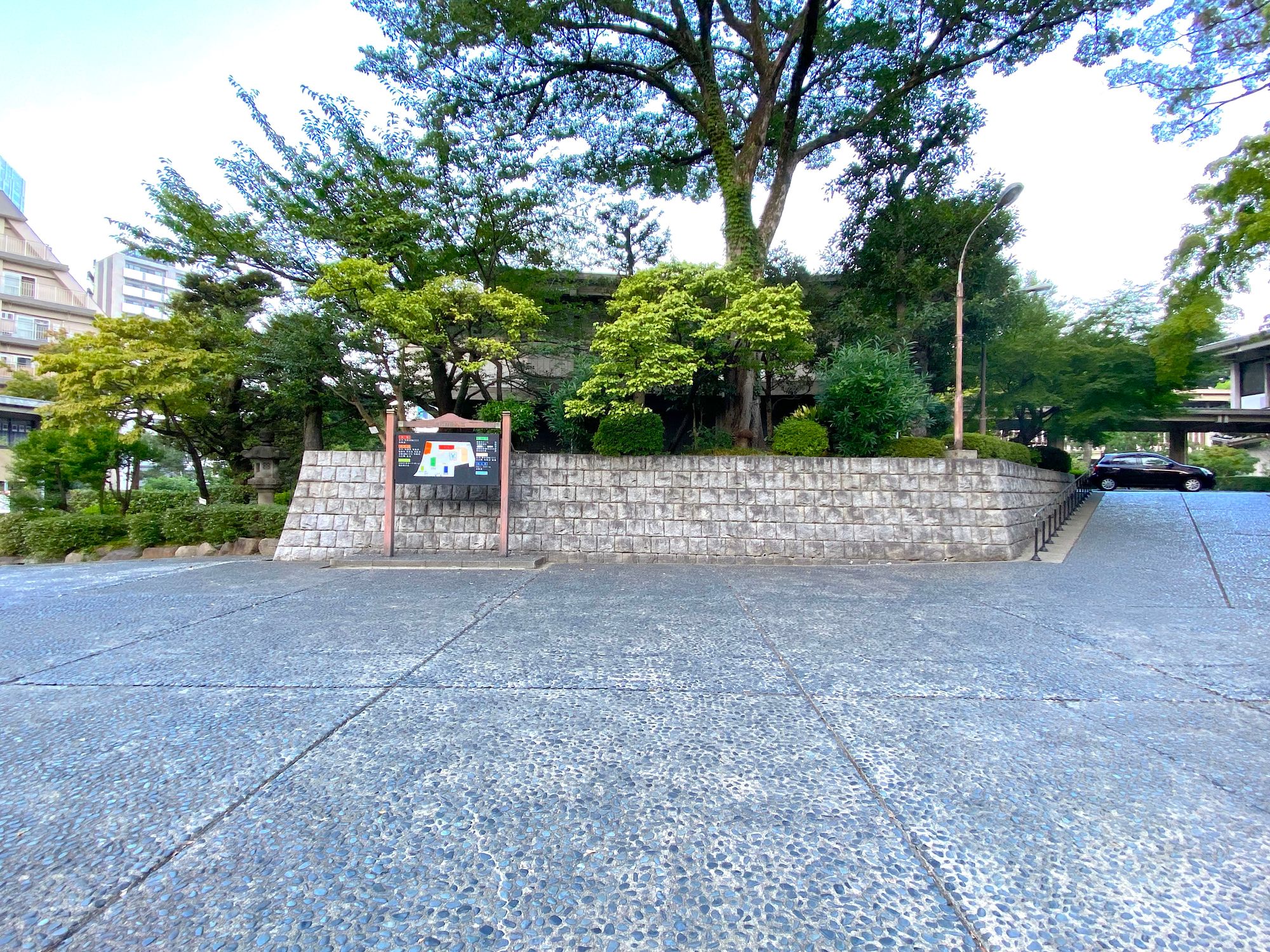
Instagram: @koshoku.blog
Facebook: @KoShoku Diaries
